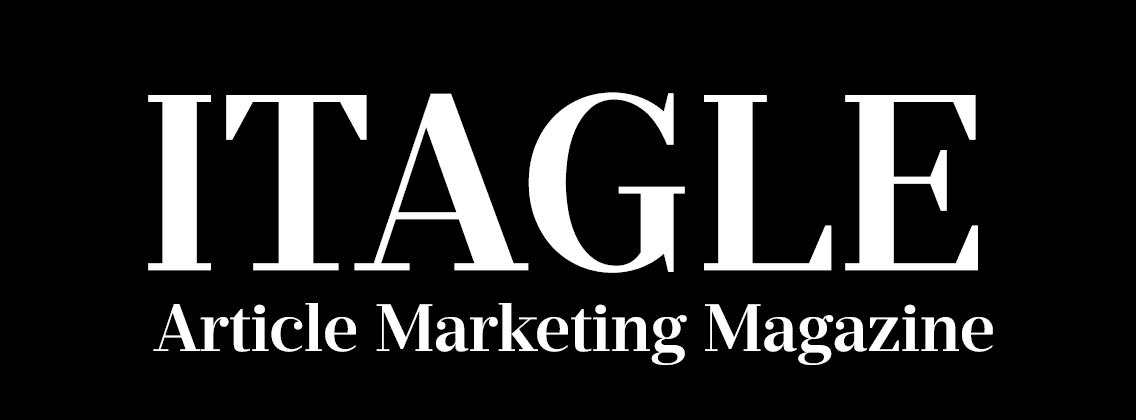24.2 For the purposes of the discussion referred to in clause 24.1(b), the Employer shall provide the relevant employees and their representatives (if any) with all relevant information about the changes in writing, including: if the Employer and the Employee have entered into an agreement in accordance with clause 6.2 on a change in working conditions that is different from that initially requested by the Employee, then, the employer must provide the employee with a written response to their request indicating the agreed amendment(s) to the work regulations.ies. [If the employee is under 18 years of age – include:] (f) the need for workers to be retrained or transferred to other jobs or locations; or (i) the employee`s salary in respect of that bonus for a period of full or incomplete wages until the end of the date of termination of employment; and 14.3 The employer shall not withhold more than 2 days for full-time and part-time workers. The wages of casual workers are paid in full. (a) Clause 28.1 applies when an employee is transferred to new duties as a result of terminations for which a lower standard rate of pay applies. NOTE 1: Section 65 of the Act provides that certain workers may request a change in their working conditions based on their circumstances, as provided for in subsection 65(1A). Article 6 supplements or deals with matters relating to nesive provisions. NOTE 1: Under section 344 of the Act, an employer may not exert undue influence or pressure on an employee to enter into or not sign an agreement under clause 18.10. (c) If the employer and the employee have not been able to agree on a change in the terms and conditions of work in accordance with clause 6.2, the written response in accordance with article 65(4): (a) Subject to clauses X.2.1 (b), (c) and (d), each employee has the right to take up to 2 weeks of leave without pay if the employee is required to self-isolate by state or medical authorities or on the advice of a doctor and is therefore prevented from working; or otherwise prevented from working by the government or medical authorities in response to the COVID-19 pandemic. g) An agreement must not result in the remaining accrued entitlement to annual leave paid by the employee being less than 4 weeks.
(ii) the employee has not received any direction under paragraph 18.8(a) that, taking into account other provisions relating to paid annual leave (whether made in accordance with section 18.7, 18.8 or 18.9 or otherwise agreed to by the employer and the employee), would eliminate the excessive deferral of the employee`s leave. (b) Any agreement to take twice as much annual leave at half pay must be recorded in writing and kept on file with the employee. (c) The fee is part of the casual worker`s general tariff. B.1.1 The following expense-related remuneration will be payable to employees in accordance with section 15.2: NOTE: If an employee receives overpaid payments so that the employee`s base salary is higher than the rate set out in this allowance, the employee is entitled to the highest rate during the paid annual leave (see sections 16 and 90 of the Act). (i) inform the employee of the transfer of at least the same period to which the employee would be entitled under section 117 of the Act, as if it were a dismissal of the employer; or despite all the rest of Article 18, an employee paid by electronic transfer (EFT) may be paid during paid annual leave according to his usual pay cycle. (ii) any other amount due to the employee under this indemnity and the NES. NOTE 2: Under subsection 340(1) of the Act, an employer may not take adverse action against an employee because the employee has the right to work, has exercised or has not exercised a right to employment or does not propose or does not propose to exercise a right to work, or to prevent the employee from exercising a right to work. Under subsection 342(1) of the Act, an employer takes adverse action against an employee if it dismisses the employee, injures the employee in his or her employment, changes the employee`s position to the detriment of the employee, or discriminates between the employee and the employer`s other employees. (d) If, at the end of the employee`s employment relationship, the employee has not acquired a right to all paid annual leave already taken in accordance with an agreement under clause 18.5, the employer may deduct from the money owed to the employee at the time of the termination an amount equal to the amount paid to the employee for a portion of the annual leave taken in advance.
for which no claim has been made. (a) If an employer has indeed attempted to enter into an agreement with an employee in accordance with paragraph 18.7(b) but no agreement is reached (also because the employee refuses to consult), the employer may request in writing that the employee take one or more paid annual leaves. (a) A worker has excessive leave if he has acquired more than 8 weeks of paid annual leave. (f) the payment may not be less than the amount that would have been due if the worker had taken the leave at the time of payment; 7.1 A supplementary provision provides that the standard approach of an allocation provision may be derogated from by agreement between an employer and an individual employee or employer and the majority of the employees of the undertaking or part of the undertaking concerned. If a casual worker works overtime, he or she must be paid at the overtime rates set out in section 17.2. (c) However, the employee is not entitled to a payment for any portion of the notice period remaining after the end of the employee`s employment relationship. (a) Section 27.1 applies to all employees except those referred to in subsections 123(1) and 123(3) of the Act. (d) An employee who does not provide evidence where required by clause 28.3(b) is not entitled to payment of the leave. NOTE: If an employer and an employee agree to an agreement that purports to be an individual flexibility agreement under this grant condition and the agreement does not meet a requirement of section 144, the employee or employer may terminate the agreement on written notice not exceeding 28 days (see section 145 of the Act). NOTE 1: Subsection 117(2) of the Act provides that an employer may terminate an employee`s employment relationship only if the employer has given the employee the minimum notice period required or has “paid” the payment to the employee instead of giving notice. (a) An employee and an employer may agree that the employee take time off instead of being paid for a certain amount of overtime worked by the employee. (ii) transfer the employee to the new duties without notice of transfer or before the expiry of a notice of transfer, provided that the employer pays the employee in accordance with paragraph 28.1(c).
The payment to be made to the employee for the leave is as follows: $___________ Penalty interest rate for normal hours of work) for the hours worked by the employee in the first role and the standard rate of pay (including general purpose allowances and penalty interest rates for normal hours of work) of the employee in the second function for the period for which no termination was made. NOTE 2: Pursuant to subsection 88(2) of the Act, an employer may not unreasonably consent to an employee`s request for paid annual leave. Before responding to a section 65 request, the employer must discuss the request with the employee and genuinely attempt to reach an agreement on a change in the terms and conditions of work that takes due account of the employee`s circumstances, taking into account: (i) it is necessary to live and sleep in a place other than the employee`s normal place of residence; or (g) an employee may, under section 65 of the Act, request leave at one or more hours specified in the request or subsequently agreed to by the employer and the employee, rather than being paid for overtime worked by the employee. If the employer accepts the request, clause 17.4 applies to overtime worked. NOTE 1: An employee subject to this indemnity who is entitled to the benefits of paragraph X.2.1 or X.2.2 is entitled to work under paragraph 341(1)(a) of the Act. . . .


















